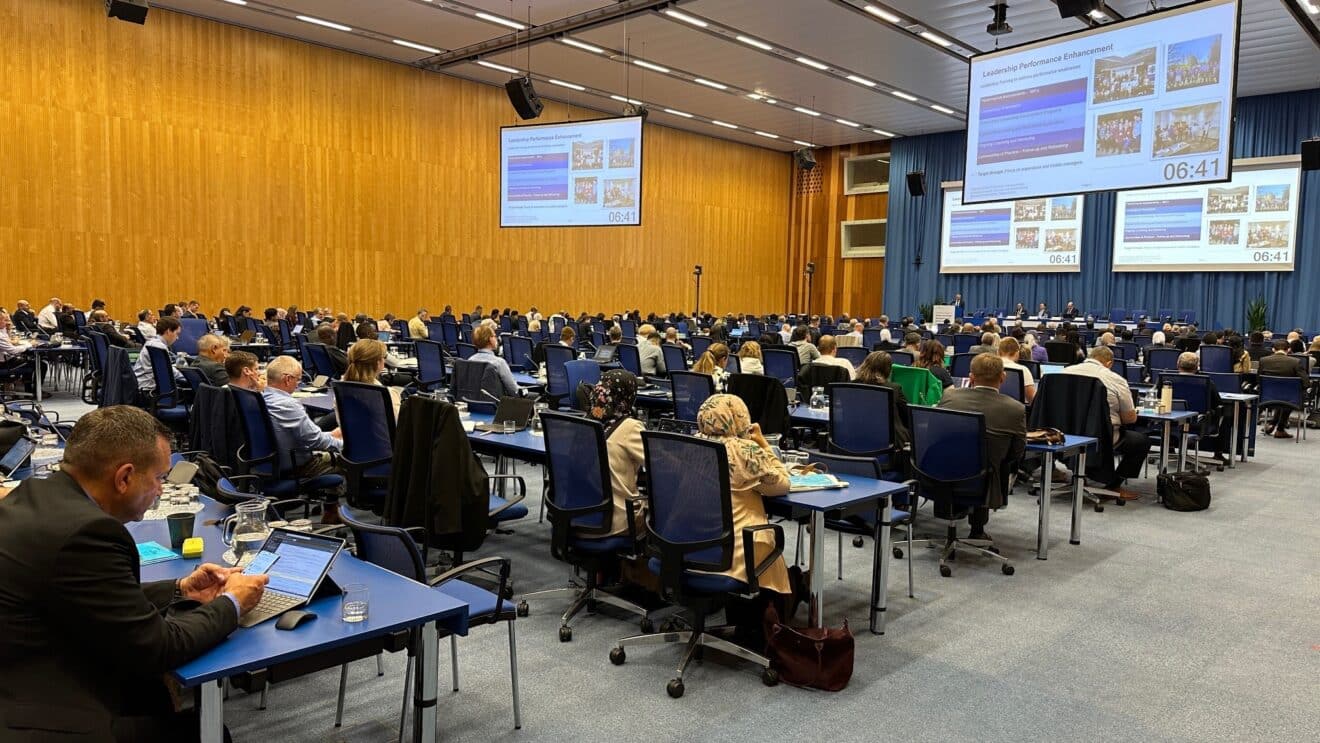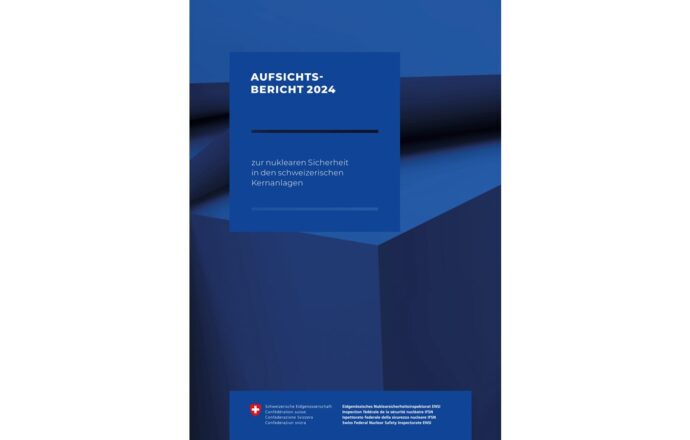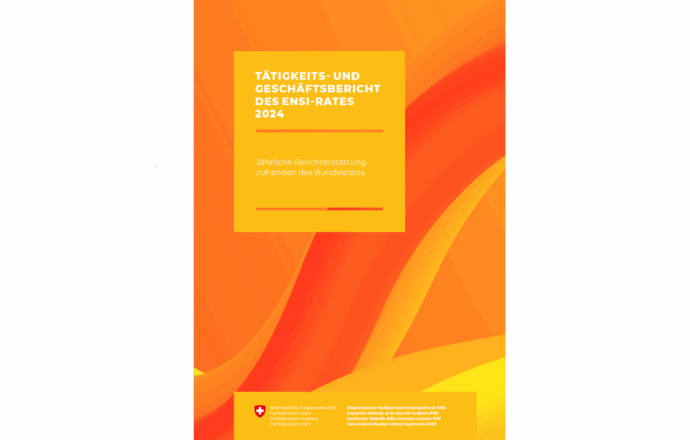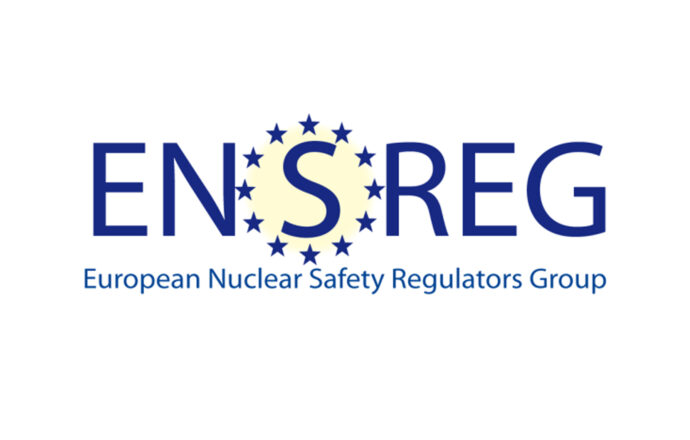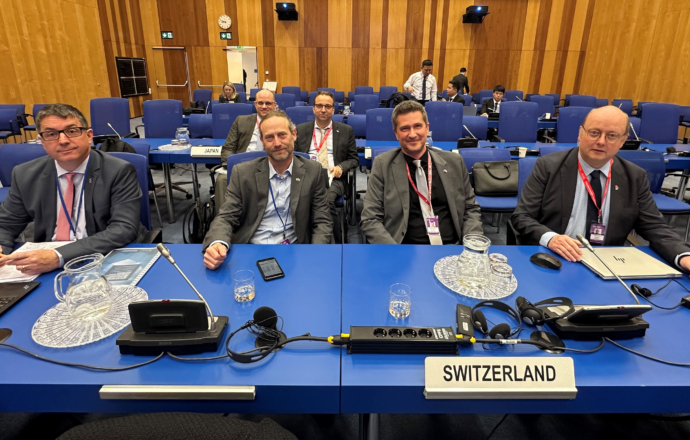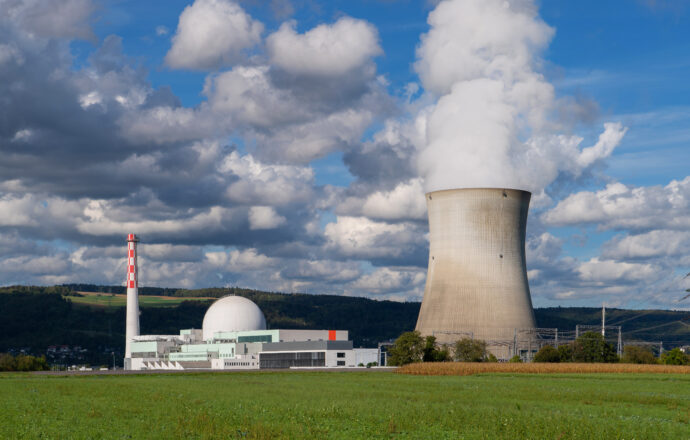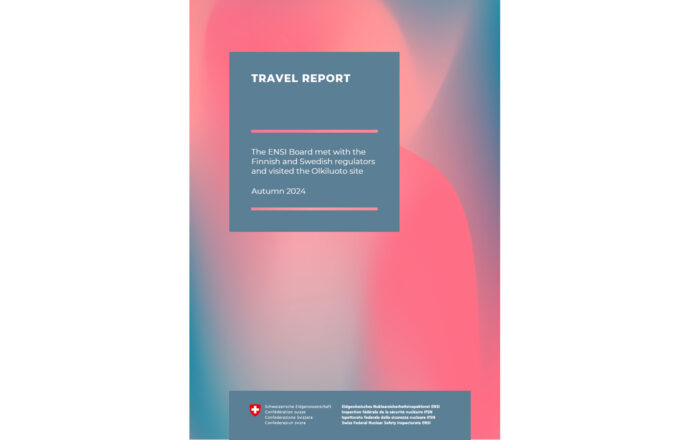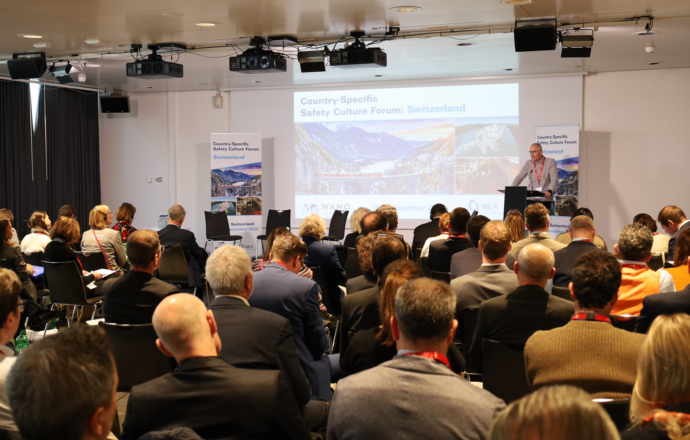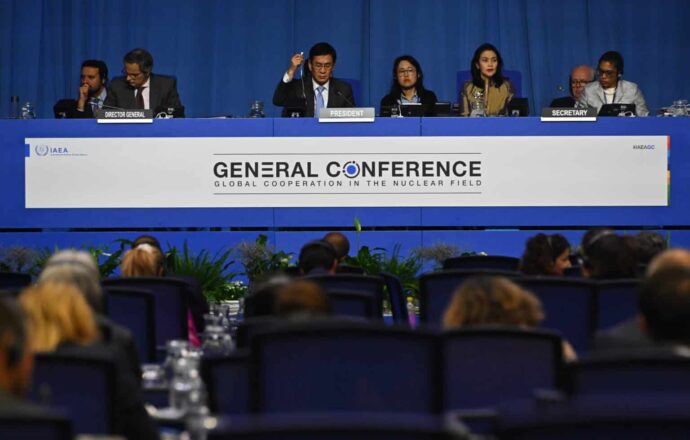A number of regulatory authorities took part in the expert conference from 1 to 5 July in Vienna. The aim of the event was to provide an overview of global developments in knowledge management and human resources development in the nuclear sector. This was a hands-on event, with participants receiving specific tools of practical benefit. The regulatory authorities will be able to apply these at an organisational, national and international level in order to develop and maintain their human resources in the areas of nuclear safety and security. At the same time, some latest technological developments, such as artificial intelligence and translation tools were also presented.
Marc Kenzelmann, Director General of the Swiss Federal Nuclear Safety Inspectorate ENSI, said, “As a regulatory authority, ENSI has a vested interest in ensuring that there are sufficient and well-qualified personnel both in the regulated parties and, of course, also working in the regulatory function itself. Skills retention and development are absolutely essential for the safety of nuclear installations, and, for our top priority, the protection of people and the environment against radiation exposure.”
Important measures implemented
“We too at ENSI are fully aware of the generational shift, which is accompanied by increased competition in the labour market and a shortage of skilled workers,” stated Tamara Garny, member of ENSI’s Executive Board and Director of the Resources Division. The shortage of skilled workers is primarily a problem in the STEM disciplines (science, technology, engineering and mathematics).
“The event showed that ENSI is on the right track in that we have, for example, introduced tandem partnering positions, to ensure that knowledge is transferred, while in human resources development the focus is on technical and regulatory issues as well as leadership and social skills. For us it is important to be an attractive employer offering long-term perspectives and corresponding framework conditions. We are pleased that the conference also addressed the role of women in technical professions and, more generally, the attractiveness of the nuclear sector to young people of whatever gender who are setting out on their careers.”
